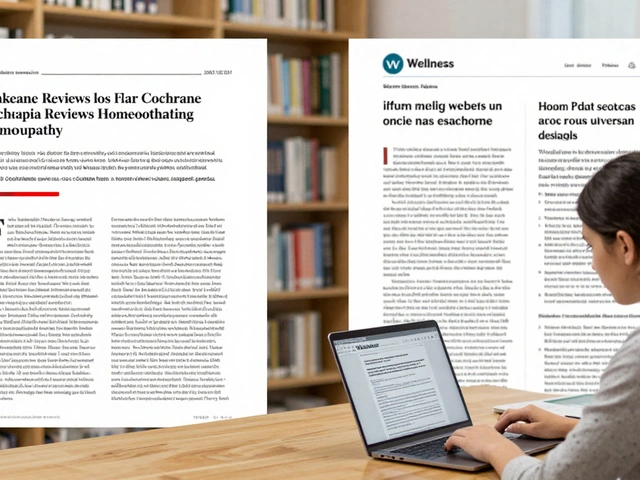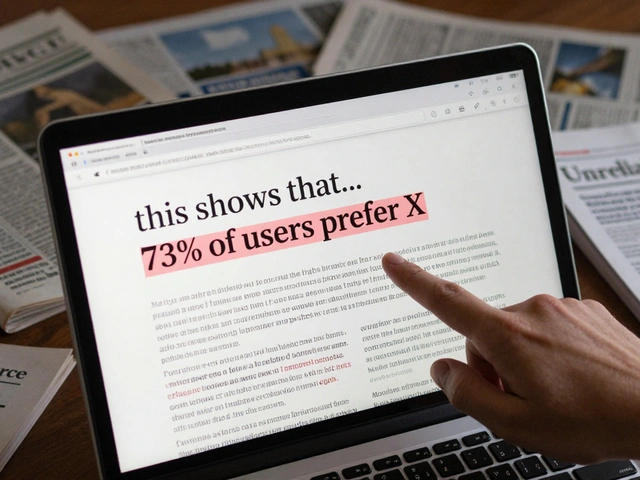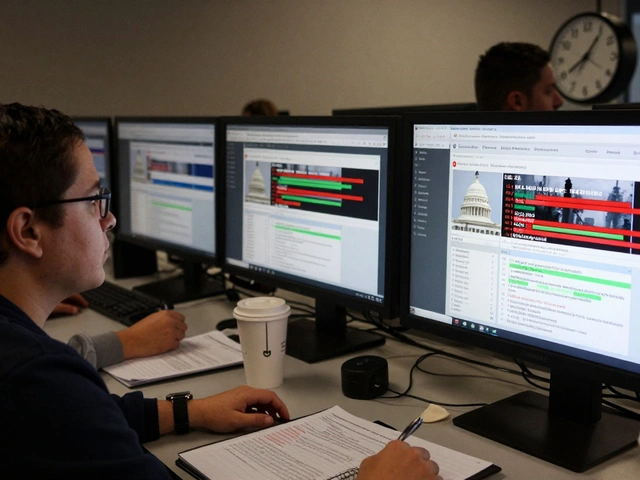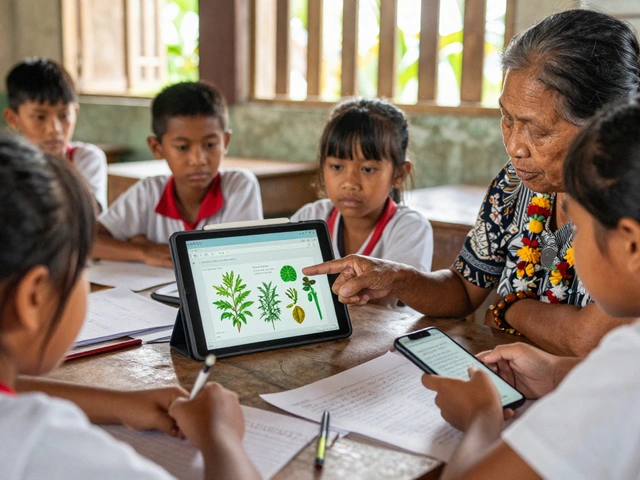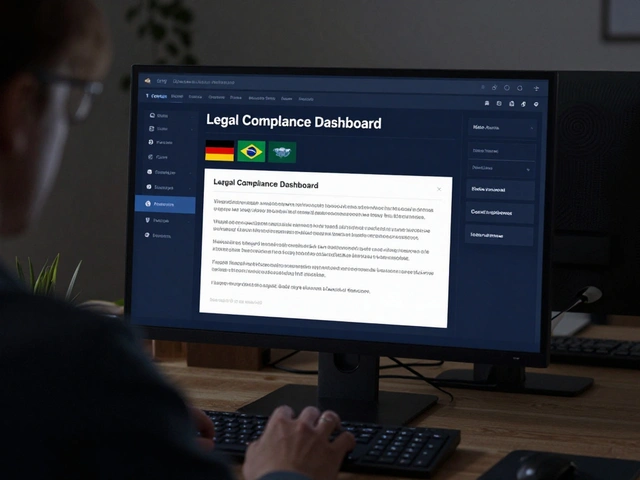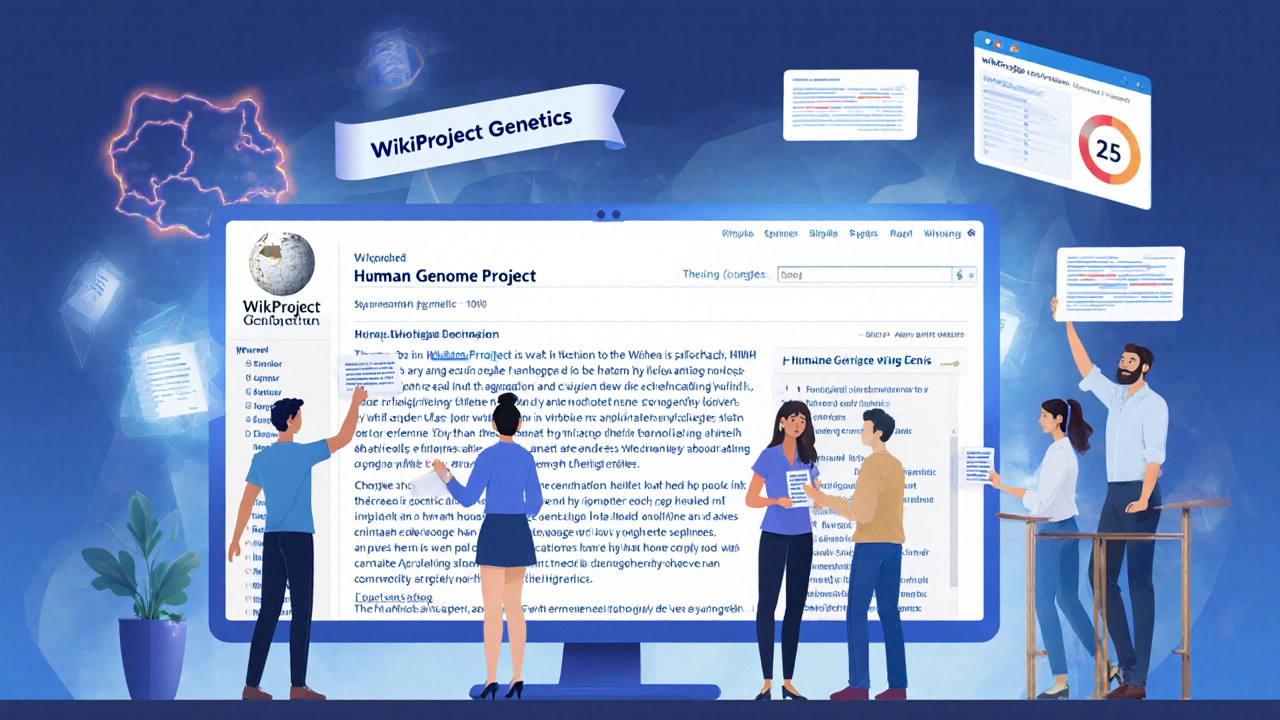
Ever wonder how some Wikipedia articles become so detailed, accurate, and polished that they earn Featured Article status? It’s not magic. It’s not one person working late at night. It’s WikiProjects - organized groups of volunteers who focus on improving content in specific areas, from history to biology to pop culture. These groups are the quiet engine behind Wikipedia’s most trusted articles.
What WikiProjects Actually Do
WikiProjects aren’t official teams with managers or budgets. They’re loose networks of editors who care about a topic. One might focus on medical articles, another on 1980s movies, another on African history. Their goal? Make articles in their area better - not just longer, but clearer, better sourced, and free of bias.
They do this by tagging articles that need work. You’ll see banners like "WikiProject Medicine needs references" or "WikiProject Biography - needs copyedit" at the top of articles. These aren’t random notes. They’re signals to other editors: this article is under active improvement.
Members of WikiProjects regularly review new edits, check citations, fix formatting, and flag unreliable sources. They also create style guides. For example, WikiProject Chemistry has a detailed template for how to structure drug articles - including what data to include, how to cite clinical trials, and how to present side effects clearly. These aren’t suggestions. They’re standards.
The Path to Featured Article Status
Featured Article status is Wikipedia’s highest quality rating. Only about 0.1% of articles earn it. To get there, an article must meet strict criteria: comprehensive coverage, neutral tone, solid sourcing, stable structure, and excellent prose. Most articles don’t get there alone.
Take the article on "Human Genome Project". It didn’t become a Featured Article because one editor spent a week rewriting it. It became one because members of WikiProject Genetics spent over two years improving it. They added 87 new citations from peer-reviewed journals, restructured the timeline section for clarity, removed promotional language from early drafts, and invited outside experts to review technical sections.
WikiProjects don’t just edit. They coordinate. They assign tasks. One editor might handle citations, another checks for copyright violations, a third polishes the lead section. They use talk pages to discuss disagreements. They track progress on project dashboards. This teamwork turns a rough draft into something that can stand up to scrutiny from academics, journalists, and curious readers worldwide.
How WikiProjects Improve Accuracy and Reduce Bias
Wikipedia gets criticized for bias - especially on controversial topics. But WikiProjects are one of the best tools to fight that. When a group of editors all care deeply about a subject, they notice when something feels off.
For example, WikiProject Women in Red works to fix the gender gap on Wikipedia. Before 2015, only about 15% of biographies were about women. Today, thanks to coordinated editing drives and outreach to academic institutions, that number is over 30%. They don’t just add names. They dig up reliable sources, often from university archives or niche journals, to back up every claim.
Similarly, WikiProject Climate Change reviews articles for scientific accuracy. They cross-check claims with IPCC reports, peer-reviewed studies, and official government data. If an article says "global temperatures rose 1.2°C since pre-industrial times," they verify the source, check the timeframe, and ensure it matches the latest data from NASA or NOAA.
This isn’t theoretical. A 2023 study from the University of Oxford found that articles tagged by WikiProjects were 42% more likely to be cited in academic papers than untagged articles. That’s because they’re built to meet real-world standards, not just Wikipedia’s internal ones.
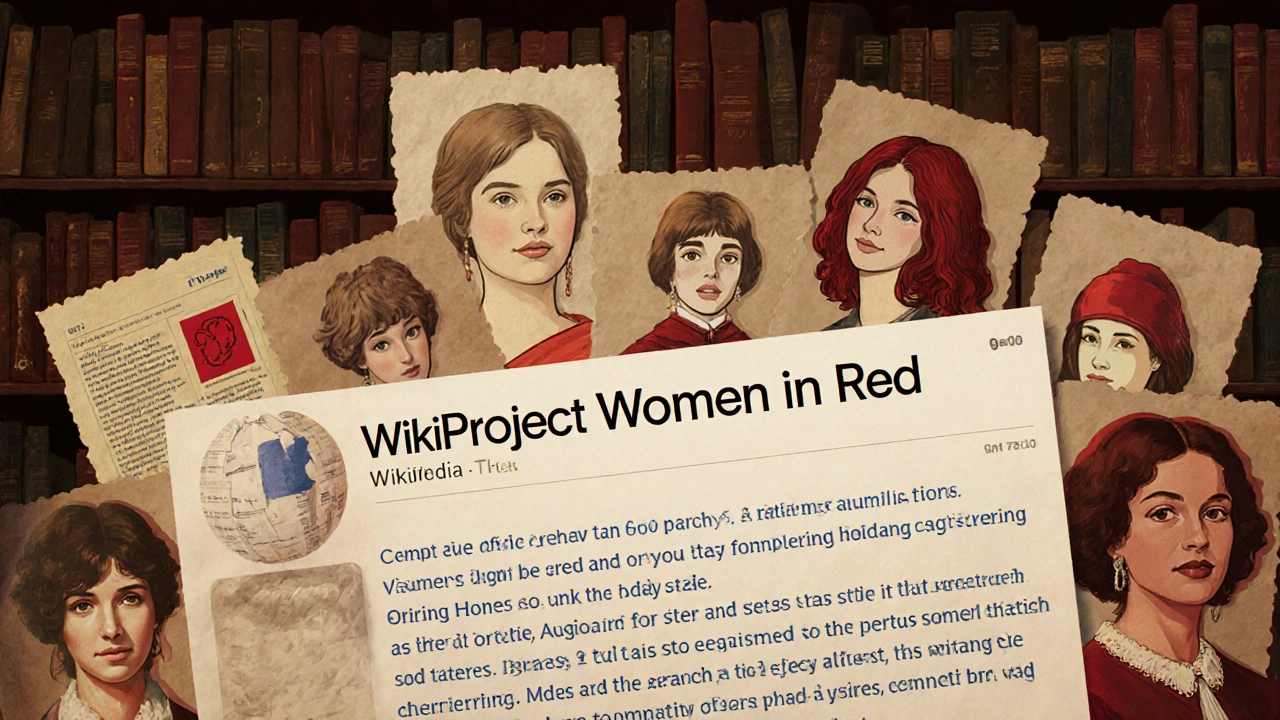
How to Get Involved - Even If You’re New
You don’t need to be an expert to help. WikiProjects welcome all skill levels. If you’re good at finding sources, you can help with citations. If you’re a native speaker, you can fix grammar. If you know a topic well, you can add missing sections.
Here’s how to start:
- Go to Wikipedia:WikiProject and browse the list. Pick one that matches your interest - even if it’s something small, like "WikiProject Video Games" or "WikiProject Architecture".
- Visit the project’s main page. Look for "To-do list" or "Articles needing attention". Pick one article that looks manageable.
- Make a small edit: add a missing citation, fix a broken link, or clean up a typo.
- Leave a note on the article’s talk page: "Edited by [[User:YourUsername]] for WikiProject [Name]."
- Check back in a few days. Someone might reply with feedback or suggest another task.
Many experienced editors started this way - with one small edit. Now they’re leading entire projects.
Why This Matters Beyond Wikipedia
WikiProjects aren’t just about Wikipedia. They’re a model for how large-scale collaboration can produce high-quality public knowledge. Other platforms - from open-source documentation to public health databases - have copied their methods.
When a student cites a Wikipedia article in a college paper, they’re often citing a piece of work that was reviewed by ten or more volunteers who spent months checking facts. That’s not just impressive - it’s rare. Most online content is written once and never touched again. WikiProjects keep articles alive, updated, and trustworthy.
And that’s why Featured Articles matter. They’re not trophies. They’re proof that collective effort, when organized and focused, can create something better than any single person could alone.
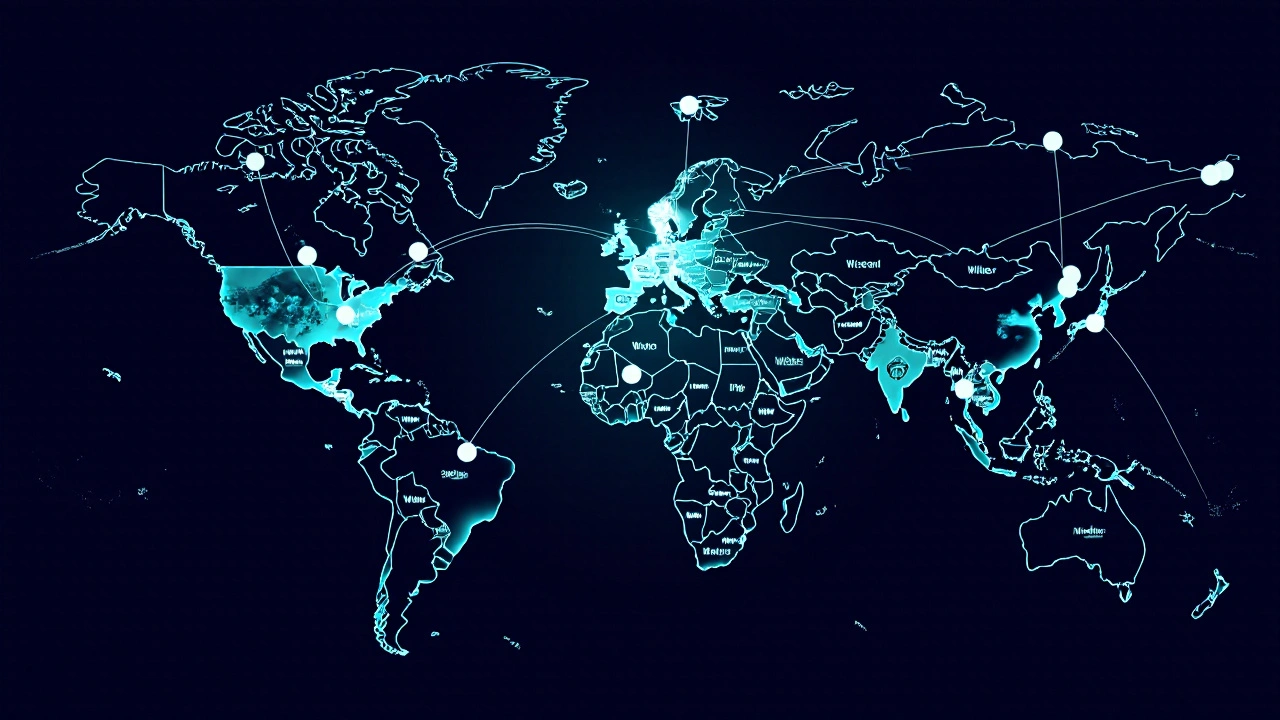
Common Misconceptions About WikiProjects
People often think WikiProjects are elitist or closed-off. That’s not true. Anyone can join. You don’t need approval. You don’t need to be invited. You just need to care enough to start editing.
Another myth: "WikiProjects slow down editing." Actually, they speed it up. Without them, editors work in isolation. With them, they know who to ask when they’re stuck. They avoid repeating mistakes. They build on each other’s work.
Some say, "Why bother? Wikipedia is already good enough." But good enough isn’t the goal. The goal is to be the most reliable source of free knowledge on Earth. That takes constant work - and WikiProjects are the reason it’s still possible.
Do WikiProjects have official authority on Wikipedia?
No. WikiProjects have no formal power. They can’t delete articles, block users, or enforce rules. Their influence comes from respect - editors trust their guidelines because they’re based on experience, not bureaucracy. If a WikiProject suggests a change, most editors follow it because it improves quality, not because they’re forced to.
Can I start my own WikiProject?
Yes. All you need is a clear focus and a few other editors who care about the same topic. Start by creating a project page on Wikipedia with a name, goals, and a list of articles that need work. Then invite others through talk pages, social media, or related forums. Many successful WikiProjects began with just two people.
How do WikiProjects handle disagreements between editors?
They use talk pages. Every article has one. Editors post their concerns, cite policies, and try to reach consensus. If that fails, they can request mediation through Wikipedia’s dispute resolution process. Most conflicts are resolved quietly - by focusing on sources, not opinions.
Are WikiProjects only for English Wikipedia?
No. Every major language version of Wikipedia has its own WikiProjects. The German, Spanish, and Japanese Wikipedias have large, active project networks. Some projects even cross languages - like WikiProject Medicine, which coordinates translations and updates across dozens of language editions.
How do I know if an article is being actively worked on by a WikiProject?
Look at the article’s talk page. Active WikiProjects often leave templates like {{WikiProject Medicine}} or {{WikiProject History}} at the top. You can also visit the project’s main page - they usually list articles they’re currently improving. If the article has recent edits from multiple users over months, it’s likely under project care.
What Comes Next for WikiProjects
WikiProjects are evolving. Some now use bots to flag outdated references. Others partner with universities to bring in student editors. A few have started publishing annual reports on their progress - like how many articles improved, how many citations added, or how many new editors joined.
The future? More structure, more tools, more collaboration. But the core hasn’t changed: people caring enough to make knowledge better, together.
